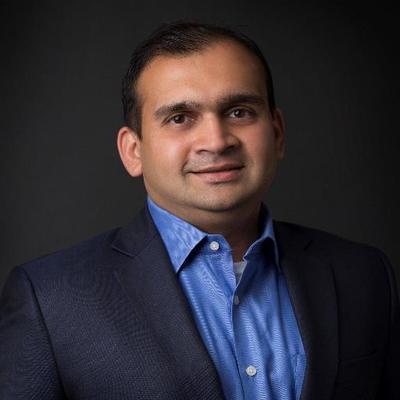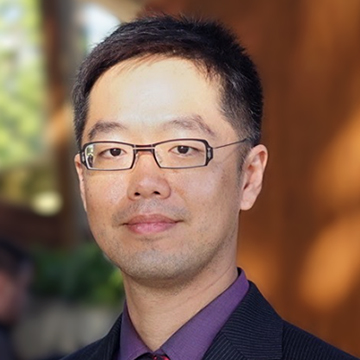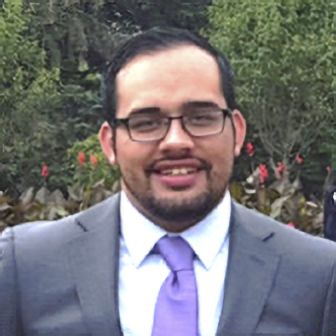The US Justice Department and AT&T’s legal battle over the intended acquisition of Time Warner entered court in late March 2018. The trial is being presided over by Judge Richard Leon of the US District Court for the District of Columbia, and it has drawn interest from a myriad of experts from different fields: from antitrust scholars, to prominent hedge fund managers, to analysts from sectors outside the media industry. At stake is not only the future of antitrust law, but also precedent for the ever-changing media industry as consumers switch from traditional cable to streaming services.
In the lawsuit, the Justice Department argues that AT&T and Time Warner’s potential $85 billion merger would allow AT&T to effectively weaponize Time Warner content (which includes cable channels like HBO, CNN, and TNT) to draw consumers to AT&T-owned services, like DirecTV. Justice Department lawyers claim that the combined company could raise licensing fees for popular content, with the excess charges being passed down to consumers – to the tune of $436 million a year. The Justice Department’s lead lawyer, Craig Conrath, left no doubt as to their stance, stating, “If the merger goes forward, consumers all across America will be worse off as a result.”
Naturally, representatives for AT&T and Time Warner disagree with that assessment. Daniel Petrocelli, the lead attorney representing both parties, said the merger would in fact do the opposite of the Justice Department’s assertions. “The government’s theory is fundamentally stuck in the past,” he said. “It would be financially ruinous if Turner [Time Warner] were not as widely distributed as possible.” The companies believe the merger will allow them to compete with Netflix, Amazon, Facebook, and other Silicon Valley heavyweights who have changed the home entertainment game in the internet age – and who also enjoy the lion’s share of streaming’s advertising dollars. Petrocelli also promised to show the judge how consumers would actually pay $0.50 less per month as a result of the deal.
The Trial So Far
Attendance for the opening statements revealed a depth of interest that spanned across industries, with officials from both companies (including AT&T CEO Randall Stephenson, and Jeffrey Bewkes, CEO of Time Warner), as well as reporters, industry analysts, antitrust scholars, and prominent hedge fund investors waiting for a seat in the courtroom. Makan Delrahim, the Assistant Attorney General for the Justice Department’s antitrust division, was also in attendance.
Hovering around the case is an additional layer of intrigue – questions about political interference. Experts were surprised by the Justice Department’s opposition to the deal, and AT&T has gone as far as to allege they were spurred to act by President Trump, who has publicly expressed his disapproval of the deal. The Justice Department said that their decision was independent of the president, and that they had not communicated with him about the merger.
Judge Leon has been skeptical of AT&T’s argument, rebuffing their attempts to introduce evidence related to political interference to the case. The trial has instead focused on traditional antitrust concerns about decreased competition and rising prices.
Leon appeared to offer a possible solution in questioning last week, asking a Charter Communications executive if a “mutually fair” arbitration option for AT&T’s competitors would alleviate any perceived leverage AT&T would gain as a result of the deal. While experts caution against reading too much into the exchange, observers have noted that the Justice Department has failed to reveal any smoking guns – one anonymous former Justice Department antitrust official told CNN that he “suspect[s] the DOJ is worried about their case and might be thinking about settlement…the government is in serious trouble.”
What’s Next?
Despite prognostications, the outcome is far from decided. Judge Leon remains the sole arbiter of a decision, and key witnesses have yet to take the stand. Leon can rule beyond a simple yes-no decision, allowing the merger to proceed but only with certain conditions in place. Jonathan Pitt, co-chair of Williams & Connolly LLP’s antitrust practice group, told CNN that this could happen two ways: by informally signaling in court that he would approve a merger if AT&T and Time Warner submit a new arbitration offer that follows standards the judge deems necessary, or that he could simply “impose those conditions, whatever they may be, as part of an order that he issues along the lines of an injunction” – a much more rare outcome.
Leon’s decision stands to have a tremendous impact on future antitrust law, outlining the shape of a changing media industry as people cut the cable cord and move to streaming options. The case will determine whether vertical mergers, which typically pass regulatory muster, will remain admissible between the creators and the distributors of content, and set standards “for what constitutes substantial harm that would call into question a number of other potential and pending mergers,” according to Blair Levin, an analyst for telecommunications industry research firm New Street Research. With closing arguments looming, Leon will soon rule on whether what Petrocelli calls “the government’s shrinking case” is just that – or if the Justice Department can score what they feel will be a momentous victory for American consumers.







